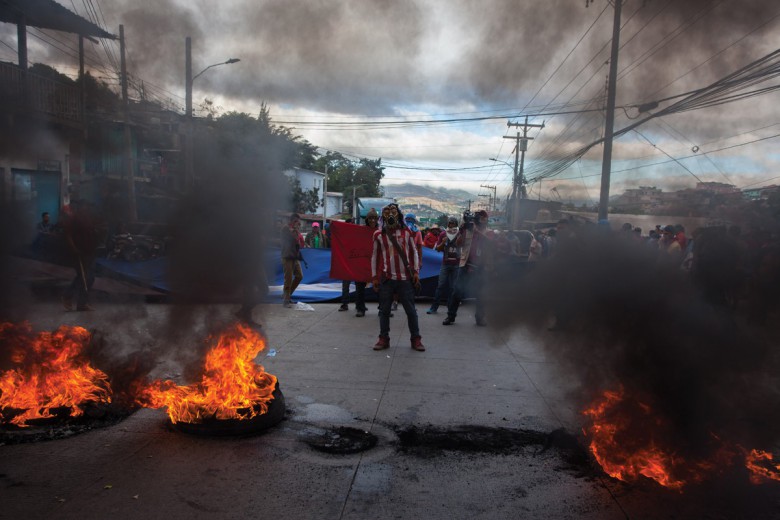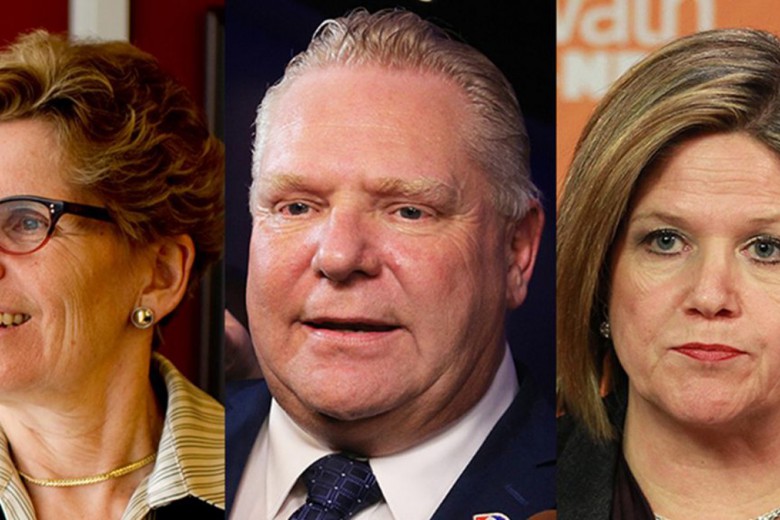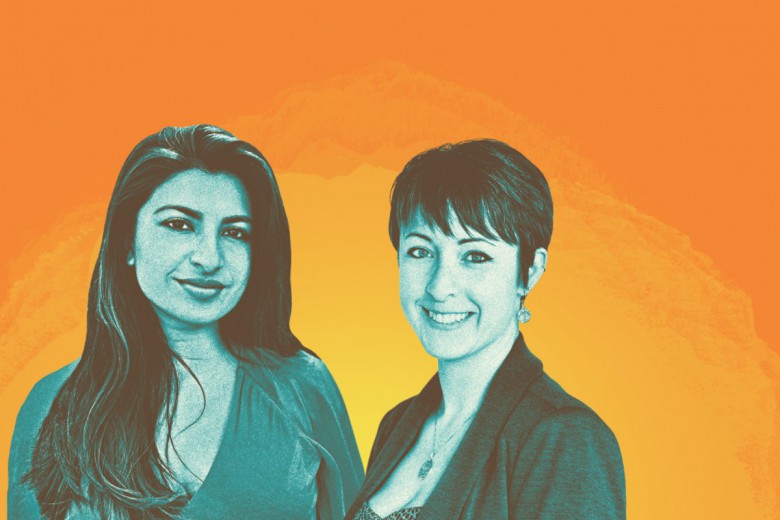Earlier this year, the federal NDP sent out a press release to media outlets including Briarpatch with the subject line, “Tom Mulcair’s NDP will strengthen the mining industry.” The release quotes Mulcair, who says, “Unlike the Conservatives who have put mining on the back burner, the NDP understands that this industry drives prosperity in Canada.” For anyone remotely familiar with Canada’s infamous mining and extractive industries, and Conservative ties to them, it sounds like satire, but the press release went out on the first of March, not April.
In January, the federal NDP announced a proposed tax cut for small businesses, following on Mulcair’s pledge that the party would not raise personal incomes taxes if elected – not for the rich or anyone else.
Perhaps most distressingly for progressives, since 2012 Mulcair has been on record as a supporter of the largest proposed tarsands pipeline in North America. The 4,600 km TransCanada Energy East pipeline would be more than double the length of the better known Keystone XL pipeline project and send as much as 1.1 million barrels a day of diluted bitumen across the continent, from Alberta to New Brunswick. The NDP are officially on board with the scheme. Such is social democratic leadership in the midst of a climate emergency.
I mention the policies above not to target the NDP (who tend to be the best of the lot) but because they illustrate the unconscionably narrow range of political possibility that defines electoral party politics. There is nothing noble, nothing inspiring, nothing empowering, and very little that is meaningfully democratic about participation in parliamentary democracy today (like Alain Badiou, I actually prefer the term “parliamentary capitalism”). And unlike dancing or cooking, or anything else that enriches life, the more of yourself that you put into electoral politics the worse it generally feels. (This can be especially true for young women, if the experiences of the people I know are representative.) This said, it doesn’t necessarily follow that there’s anything virtuous, empowering, or effective about ignoring the whole affair. A lot of things in life suck, but it’s worth doing them anyway. This, I suspect, is how many people feel about voting.
Late last year, Canadian Dimension, Canada’s venerable independent socialist magazine, published an article called “Working Class Politics After the NDP.” In it, Sam Gindin and Michael Hurley declare that “Breaking with the NDP is a core condition for confronting the need to develop a more creative and fruitful politics.” The piece, which you can find online, raises many vital questions before it concludes with a call for activists to prepare the way for a new socialist party in Canada.
Thankfully for me (and perhaps for you), it’s never been the mandate of this publication to outline political programs.Briarpatch is defined by its fierce independence, its grassroots perspectives, and its commitment to social movement building. But ignoring the realities of official and institutional politics doesn’t make them go away, and the magnitude of the harm and destruction unleashed by Harper and the Conservatives since 2006 is too great for a progressive publication not to address directly in a federal election year.
So we put together an election roundtable for this issue and, uncharacteristically, we went out of our way to welcome a prominent NDP parliamentarian into the conversation. We thought it was a unique opportunity to have a respected figure from the left wing of the party enter into a dialogue with younger social movement voices. But the moment things got rolling, the parliamentarian backed out, saying that the discussion made her too uncomfortable to participate.
We went ahead with the election roundtable anyway, without any politicians, and maybe that’s fitting. What a politician is willing to do is never as important as what we can do together when we organize. And the voices elected officials are willing to hear are never as important as the voices that we are prepared to hear, and the calls that we are prepared to honour, together on the ground.






